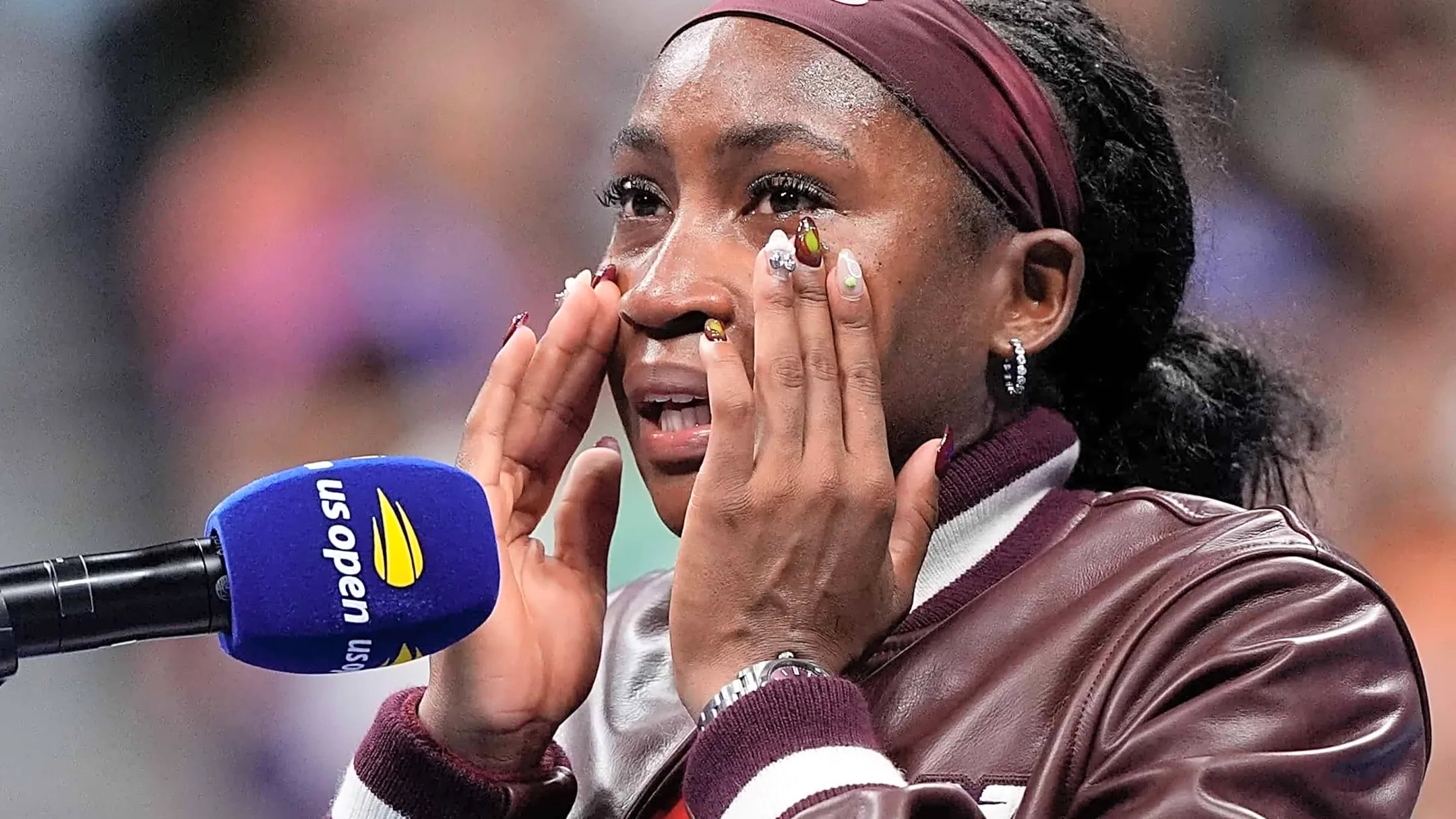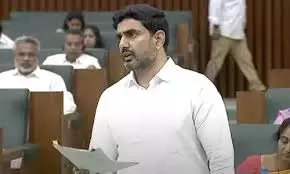By Fahad Hamid,Total Apex Sports
Copyright yardbarker

Here’s where the WTA’s rules become particularly cruel. Players are required to participate in six mandatory 500-level events throughout the year, and missing these tournaments comes with hefty penalties. It’s like being forced to eat at six different restaurants in one night – sure, the food might be good, but you’re going to feel sick afterward.
Gauff herself acknowledged this impossible situation at the China Open in September, where she finally started showing signs of life again. “Yeah, I mean, obviously with the mandatory rules, I know why it’s in place with prize money and everything. Do I agree with them? I mean, I guess on a business point, it can kind of make sense. But on, like, a player health standpoint, I don’t really agree with it.”
The young American had to skip Washington D.C. because playing it along with Cincinnati and Montreal would have been “physically impossible.” Think about that for a moment – a 20-year-old athlete in peak physical condition saying something is physically impossible due to scheduling demands.
China Open: Gauff’s Phoenix Moment
The good news? Gauff’s recent performance at the China Open suggests she’s climbing out of her burnout pit. Her matches against Leylah Fernandez and others showed flashes of the form that carried her to French Open glory. “It was very physical. We were going back and forth… The third set I was playing pretty well,” she said after defeating Fernandez, sounding more like the confident player we know she can be.
But even in victory, the toll was evident. When discussing her match against Belinda Bencic, Gauff noted how the slow conditions neutralized her power game: “The conditions were so slow, which I feel like she does well with because she likes to take the ball so early. I felt like my heaviness wasn’t doing much, especially as the balls got older.”
The Broader Problem Nobody Wants to Address
The China Open became a perfect example of what’s wrong with professional tennis scheduling. Seven players or doubles teams withdrew mid-match or handed walkovers on September 30 alone. That’s not normal – that’s a system in crisis. When Zheng Qinwen, Iga Swiatek’s scheduled opponent, Camila Osorio, and multiple men’s players, including Daniil Medvedev, are all dropping like flies, it’s time to admit the emperor has no clothes.
Gauff summed up the insanity perfectly: “Especially now with more and more events being two weeks, it just doesn’t really make sense to strain your body.” She’s right – when even top-10 players are avoiding 500-level tournaments because the schedule is unsustainable, the entire system needs a serious overhaul.
The WTA needs to wake up before they lose more stars to preventable burnout. Gauff’s story is a cautionary tale that should terrify tennis executives, but instead of addressing the root cause, they’re doubling down on mandatory participation rules that are slowly destroying the sport from within.



